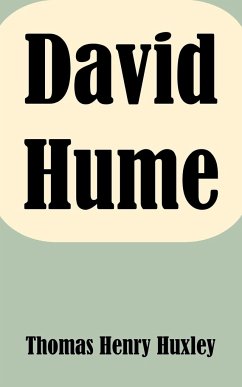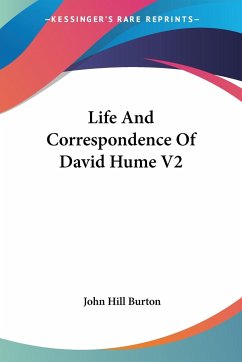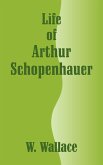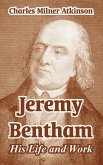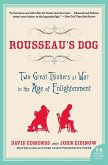CONTENTS Part I.- Hume's Life Early Life: Literary and Political Writings Later Years: The History of England Part II.- Hume's Philosophy The Object and Scope of Philosophy The Contents of the Mind Origin of the Impressions The Classification and the Nomenclature of Mental Operations Mental Phenomena of Animals Language: Propositions Concerning Necessary Truths Order of Nature: Miracles Theism: Evolution of Theology The Soul: The Doctrine of Immortality Volition: Liberty and Necessity The Principles of Morals
Hinweis: Dieser Artikel kann nur an eine deutsche Lieferadresse ausgeliefert werden.
Hinweis: Dieser Artikel kann nur an eine deutsche Lieferadresse ausgeliefert werden.

